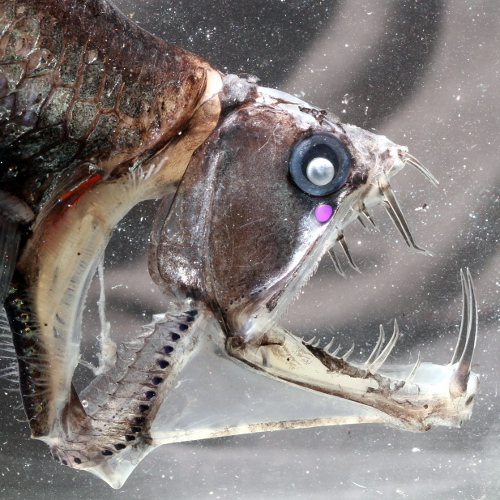The general goal of our research group is to understand evolution of fishes. Recently the main focus of our research team is on two main questions: 1) sensory genomics and understanding the molecular evolution and adaptation of fish sensory systems (vision, smell, taste), and, 2) molecular mechanisms of adaptation of hemoglobin proteins to different environments. We work with various fish groups, such as tropical cichlids from crater lakes, temperate cyprinids, deep-sea fishes and fascinating elephant fishes. Apart of that, we also focus on the biodiversity and biogeography patterns, evolution of fish genomes and speciation genomics.

We use mostly whole genome and transcriptome data to reveal the molecular mechanisms of adaptation of the sensory systems as well as the hemoglobin molecules. We screen the DNA level for mutations in the key amino-acid sites, as well as we focus on differences in gene expression between species, or among different developmental stages. One of our aims is to study the effect of the environment to the sensory systems, and to compare the extreme deep sea with the deep freshwater crater lakes.
Our research is funded by several research grants. The Czech Science Foundation for the project entitled "Adaptation to a life in the deep: evolution of opsin and hemoglobin genes in cichlid fishes". Our research group has further been awarded by the Swiss National Science Foundation within the framework of the PROMYS project entitled "Genomics of sensory adaptations: evolution of vision, smell and taste in fishes".
